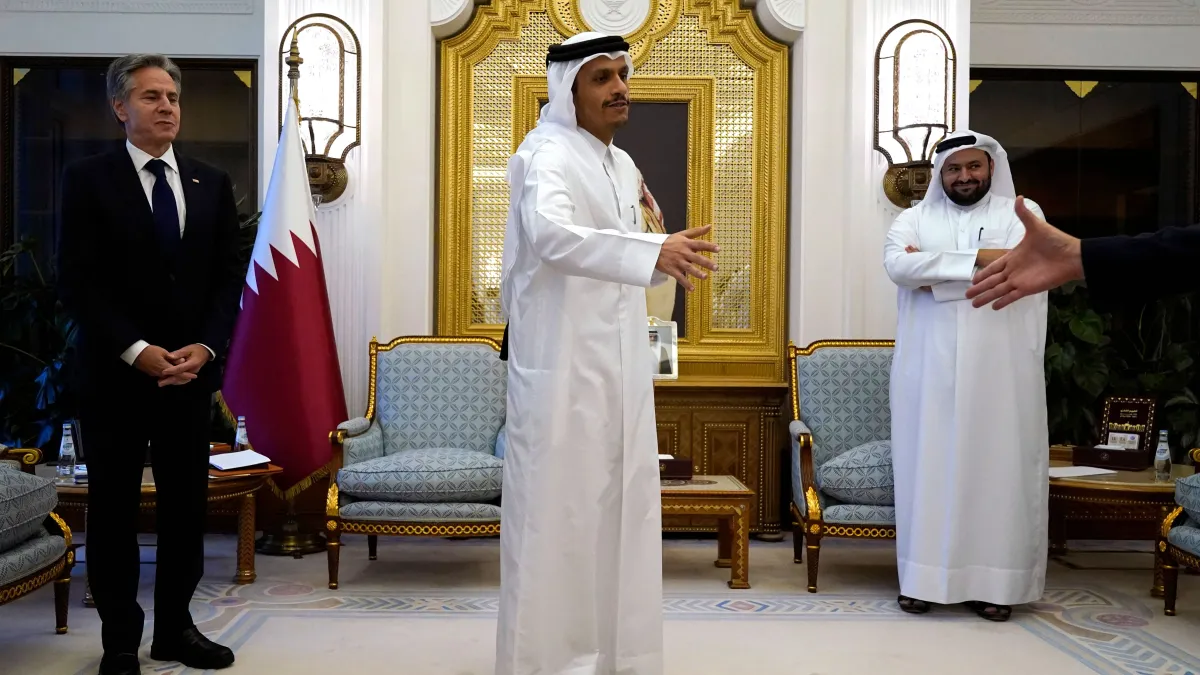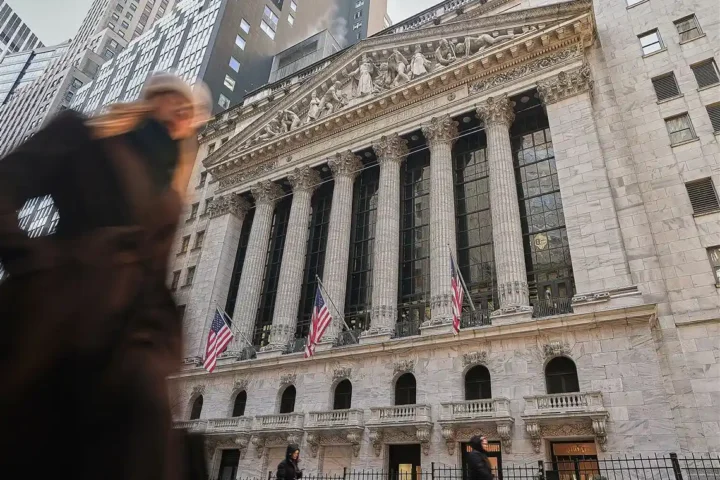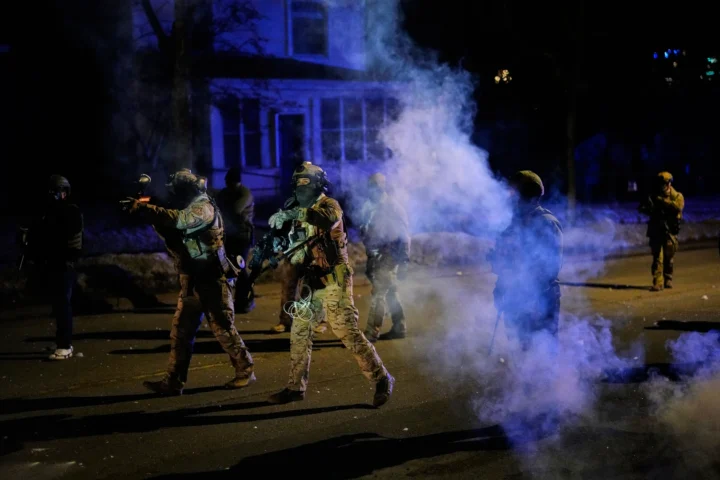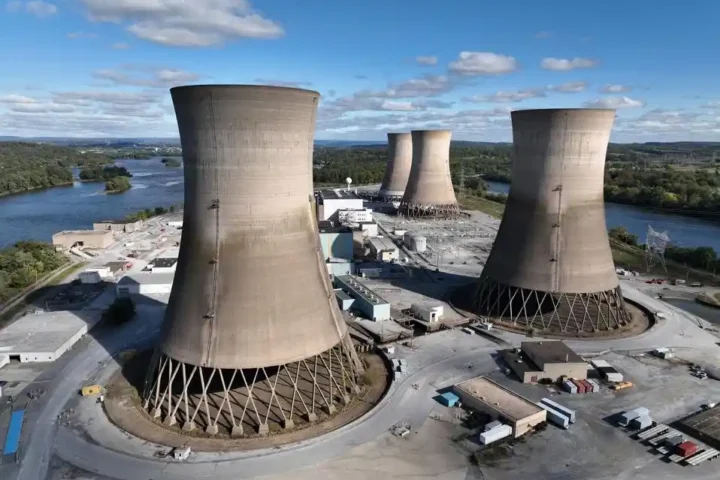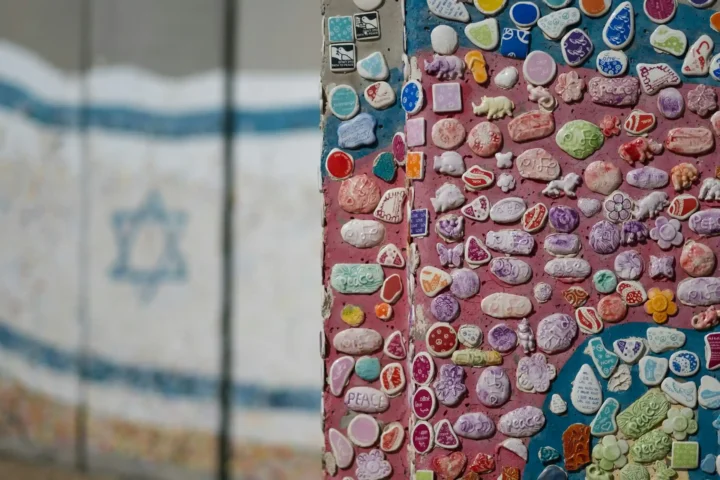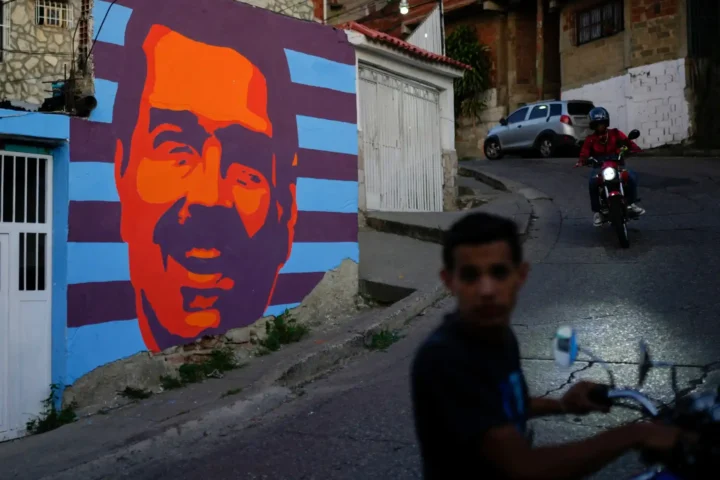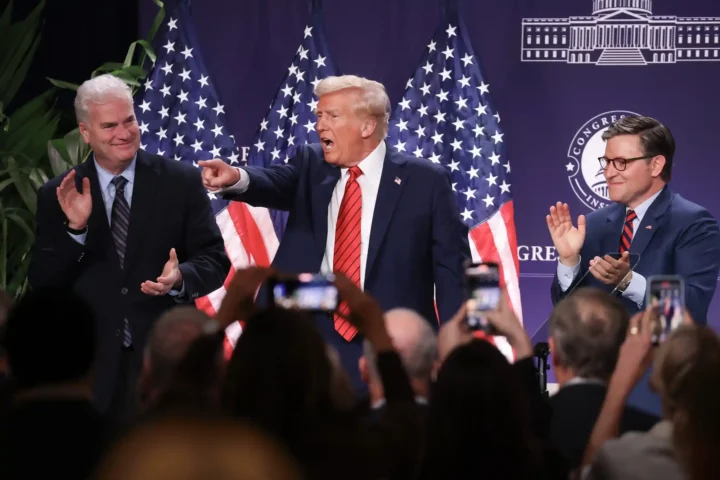In the swirl of diplomacy surrounding the Israel-Hamas peace accord, much of the spotlight has fallen on President Donald Trump. But behind the scenes, another player — the tiny Gulf state of Qatar — has emerged as one of the deal’s biggest winners.
For years, Qatar’s well-financed lobbying operation in Washington has worked to reframe the nation’s image: from a state accused of backing Islamist movements to a credible diplomatic intermediary and strategic U.S. ally. Now, after helping broker the breakthrough ceasefire, Doha’s envoys and consultants are savoring a long-sought moment of vindication.
“I think people who look at this objectively are going to give credit to Qatar,” said former U.S. Rep. Jim Moran, who has represented Doha’s interests in the capital for nearly a decade. “They had to put real pressure on Hamas to get this done — and that’s what an effective negotiator does.”
From Blockade to Breakthrough
Just ten years ago, Qatar was diplomatically isolated. In 2017, neighboring powers Saudi Arabia and the United Arab Emirates led a regional blockade, cutting trade and severing ties. Doha poured millions into lobbying to counter its rivals’ influence in Washington — efforts that met mixed results amid allegations of human rights abuses tied to the 2020 FIFA World Cup.
Among those recruited to help polish Qatar’s reputation was former Florida Attorney General Pam Bondi, then a lobbyist with Ballard Partners. Yet progress remained elusive as critics accused the country of harboring Hamas leaders and funding extremist networks.
Those accusations resurfaced after the outbreak of the Israel-Hamas war in 2023, when Qatar’s ties to Hamas — officially sanctioned at the request of the U.S. to facilitate mediation — were used to paint it as sympathetic to terrorists. At the same time, American universities with Qatari funding came under scrutiny for allegedly spreading antisemitic ideas.
Lobbying Pays Off
Despite the headwinds, Doha’s persistence has paid off. Since late 2023, Qatar has spent more than $12 million on lobbying and public relations in the United States, according to filings with the Justice Department. Those efforts appear to be bearing fruit.
Just hours after the peace announcement, Defense Secretary Pete Hegseth confirmed plans for a new Qatari Air Force training facility in Idaho — a move that drew criticism from some conservatives but signaled closer military cooperation. That same day, Senate Republicans blocked an attempt to cancel funding for converting a luxury Qatari aircraft into a future Air Force One.
“These are validations that Qatar is acting in good faith,” said one Doha representative, speaking on condition of anonymity. “It shows they were working to free hostages and promote peace — not the opposite.”
Todd Webster, a lobbyist with Cornerstone Government Affairs, called the agreement a defining moment: “Time and again, when peace is on the table, the world calls Doha.”
Trump and the Emir: A Diplomatic Alignment
Observers credit the personal rapport between Trump, his envoy Steve Witkoff, and Qatari leaders — Emir Sheikh Tamim bin Hamad Al Thani and Prime Minister Mohammed Abdulrahman Al Thani — as pivotal to the deal’s success. “If the president doesn’t get along with your country’s leader, no lobbyist in the world can fix that,” said one source familiar with the talks.
Ironically, one of the biggest catalysts for the diplomatic thaw came from conflict itself. A Qatari lobbyist suggested that Israel’s September airstrikes on Hamas negotiators in Doha “opened the door” for peace. “After that, Trump acted fast,” they said. “We didn’t need to do much lobbying — the situation spoke for itself.”
Critics and Consequences
Not everyone in Washington is applauding Qatar’s resurgence. Trump ally Laura Loomer denounced the Idaho airbase deal, calling the Gulf state “the biggest funder of Islamic terror in the world.” Analysts, however, argue that Qatar’s new reputation as a peacemaker could shift perceptions — and priorities.
“If Doha maintains this image, it can unlock new investment channels and strategic partnerships,” said Ben Freeman of the Quincy Institute for Responsible Statecraft. “It also helps many overlook the controversies around human rights and the World Cup.”
For Qatar, the peace deal represents more than just a diplomatic success. It’s the culmination of years of image repair — and a clear signal that in the complicated geopolitics of the Middle East, the smallest player can sometimes make the biggest move.
